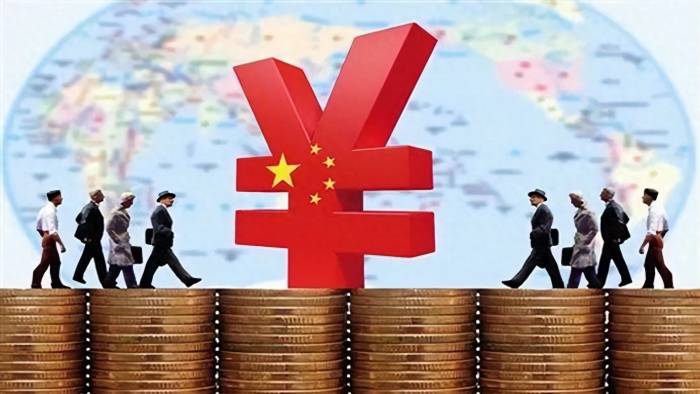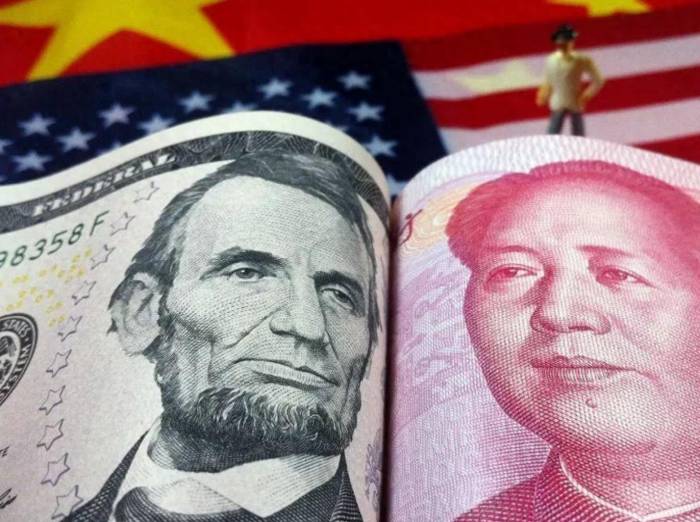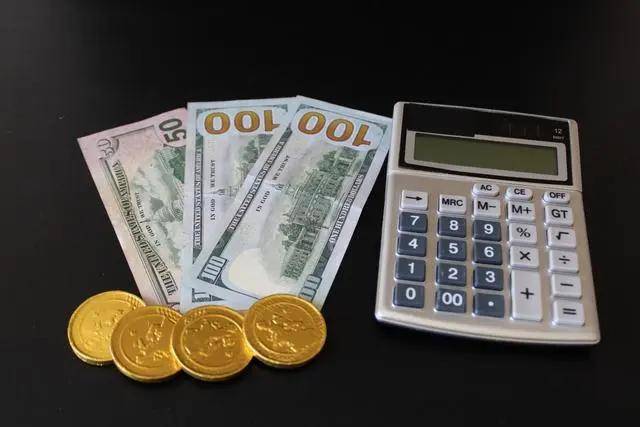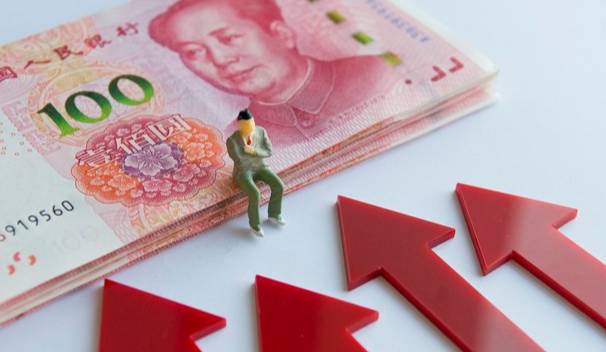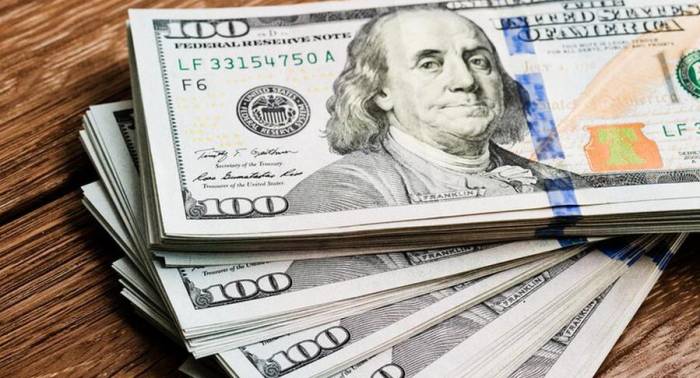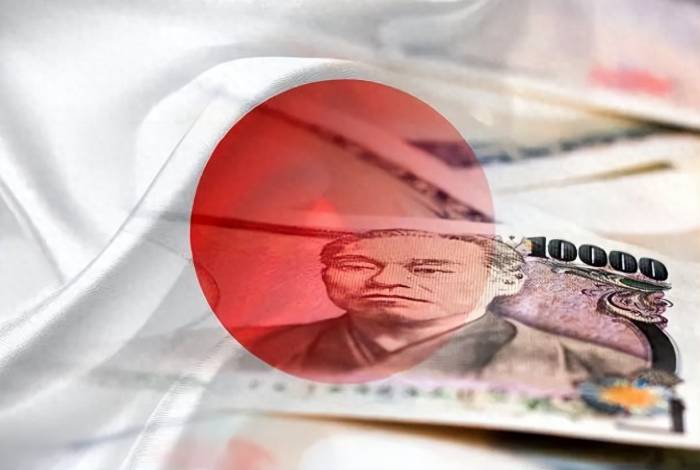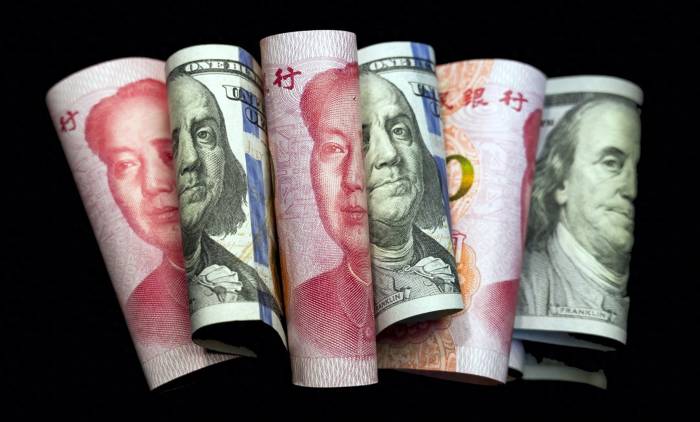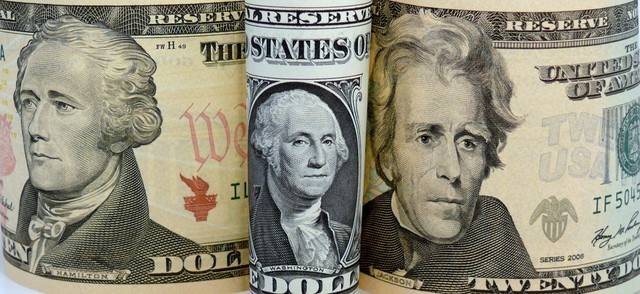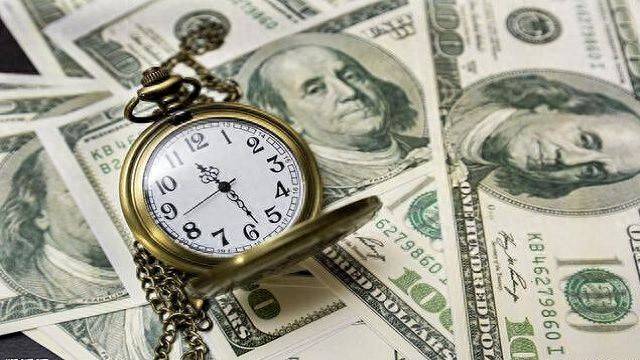The landscape of international finance resembles a battlefield where currency can serve both as a weapon and a casualty in the wars of global economies. Japan's relentless pursuit of economic stability through substantial monetary interventions appears to falter time and again. The recent decision to unleash a staggering 9.8 trillion yen—equivalent to around 600 billion dollars—seemed like a lifeline aimed at stabilizing the yen and bolstering investor confidence. However, Japanese authorities were caught off guard as the yen continued its downward slide, experiencing a rapid depreciation that saw it plummeting past the critical threshold of 160 against the dollar.
With each passing day, the realization dawns that Japan's efforts may have been in vain. The massive expenditure of 600 billion dollars, initially intended to rejuvenate the currency and strike back against naysayers, only bought Japan a fleeting sense of security for about a month. As we stand on the brink of another storm, the question arises: how much longer can Japan afford to play this dangerous game? The currency war is brutal, and Japan seems become a pawn in a greater strategic chess match played between the United States and China.
Is Japan losing its currency war?
The term 'currency warfare' evokes a vision of dark conspiracies and shadowy manipulation, yet in reality, it unravels as a stark economic reality marked by intense financial maneuvering and calculated strategies. While Japan had hoped to remain insulated from the tensions arising from the ongoing U.S.-China rivalry, it now finds itself caught in the crossfire, representing both an asset and a liability for the major powers.
The current situation is dire; as the yen's value erodes and market stability seems increasingly elusive, the implications of Japan’s actions become clearer. With an overall foreign exchange reserve approximating 1.2 trillion dollars, the reality is that only a fraction of these funds—around 200 billion—can be mobilized without tapping into U.S. Treasury securities, which predominantly fill the reserves. That begs the question—how many more rounds of financial intervention can Japan realistically afford?
The previous infusion of 600 billion dollars barely held the situation steady for a month, and subsequent attempts to stabilize the currency have yielded little more than fleeting relief. Efforts by Japan to fend off bearish sentiment and support the yen, particularly around the 150 mark, have proven futile. This cycle of trying to buy time without yielding tangible results points increasingly towards a grim realization: Japan may be stalling, but ultimately, it cannot escape the inevitable.
Japanese officials had perhaps contemplated a strategy of using fiscal maneuvers to postpone the inevitable demise of the yen until appetite for risk in the global markets shifts back and the Federal Reserve considers slashing interest rates. However, the worsening trends show that despite increased intervention and a higher allocation of resources, each negotiation with the currency market leaves Japan's economy at a heightened risk.
Simultaneously, Japan faces dual pressures—one emanating from U.S. monetary tightening and another from heightened competition with a rapidly advancing Chinese industry. Each pressure point draws resources away from Japan and poses serious risks to a nation already grappling with economic inertia.
Caught between a rock and a hard place, Japan's precarious position becomes apparent as it plays the role of supporter for U.S. interests against an ambitious China. The U.S., navigating through refurbishment of its economy, seeks allies to fortify its financial strategy against increasing global deflationary threats, while Asia's economic heavyweight makes its own moves to expand influence.
With Japan being encouraged to counter China’s market gains while simultaneously preserving its own economic foothold, the role it plays could irreparably harm its long-term stability. The U.S. appears less inclined to bolster an ally's economy but rather extract as much liquidity as possible from Japan to fuel its own recovery. The risk is unacceptable for Japan, yet surrendering is not an option.
The complexity of Japan's decisions today is reminiscent of its historical choices over a century ago. Back then, the nation made a strategic pivot towards Western industrialization at the expense of its Asian neighbors, hoping to secure wealth and prosperity through alignment with powerful allies. Today, Japan again stands at a crossroads. The urgent question arises: should Japan emerge as an enforcer of Western capitalism at the cost of its autonomy or seek a more equitable path that embraces balance more than subservience?
The notion that increasing interest rates is a viable path for Japan to recover its economic strength suggests an alarming disconnect from the reality of its financial state. Japan's national debt is among the highest globally, and increasing rates while attempting to maintain currency value only serves to exacerbate an already heavy burden. The volatility and fragility of the post-pandemic economy highlight the challenges surrounding traditional industry-based competition and the reality that Japan cannot rely solely on monetary tightening to protect its standing.
Moreover, the depreciation of the yen calls into question not just the nation's financial strategy but also factors fostering business confidence among consumers and investors. Rather than propelling stability, rising interest rates could drive accelerated capital outflow, prompting businesses to reassess their circumstances in light of diminishing purchasing power.
Japan stands on a precarious edge where only an innovation-driven economy can thrive amid uncertainty. Negative interest rates, though untenable to some, may offer an alternative approach combined with strategic market incentives designed to revive domestic demand. However, with the U.S. pushing Japan towards tightening, the levers available to the Japanese authorities are growing increasingly limited.
With the course charted ahead, Japan must weigh its options carefully. Aligning wholly with U.S. strategies in Asia poses risks that could stretch its financial resources thin and invite historical repercussions. Alternatively, a retreat from reliance on U.S. systems is fraught with its challenges, yet it may present an opportunity for Japan to reclaim agency.
Japan has a significant decision to make. No longer can it rely on the ability to evade pressures during an era's uncharted waters. The complexities involved in current affairs necessitate transparency and urgency in the nation's approach to international financial diplomacy. As Japan embarks on this journey through unyielding economic storms, the pursuit of survival and viability is paramount, with choices made today determining the trajectory of tomorrow.
